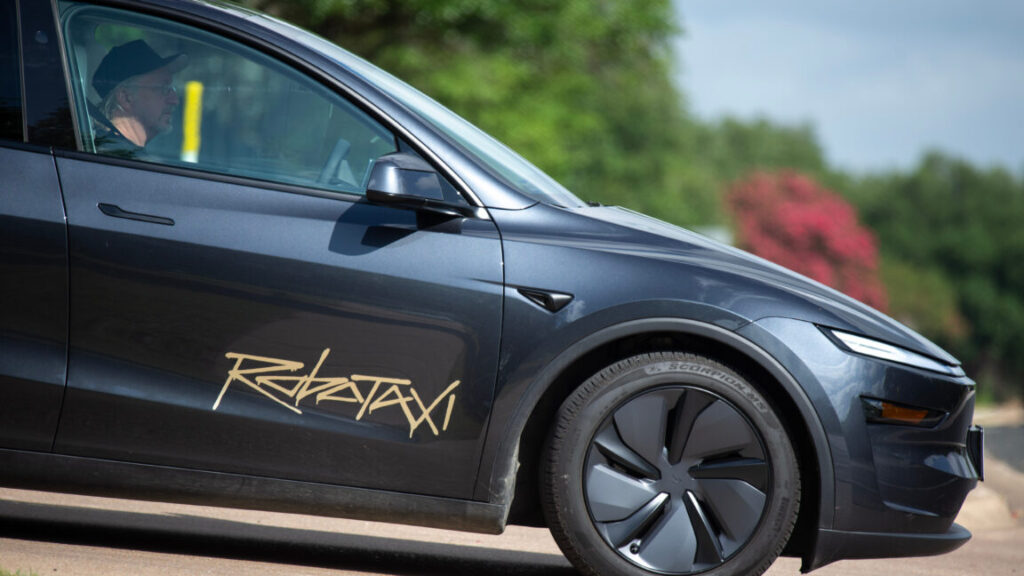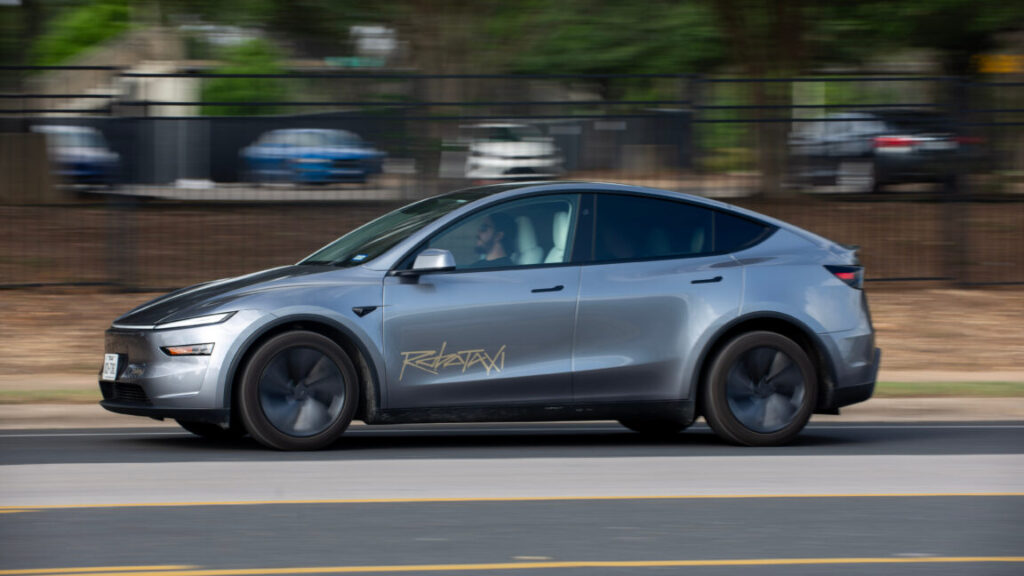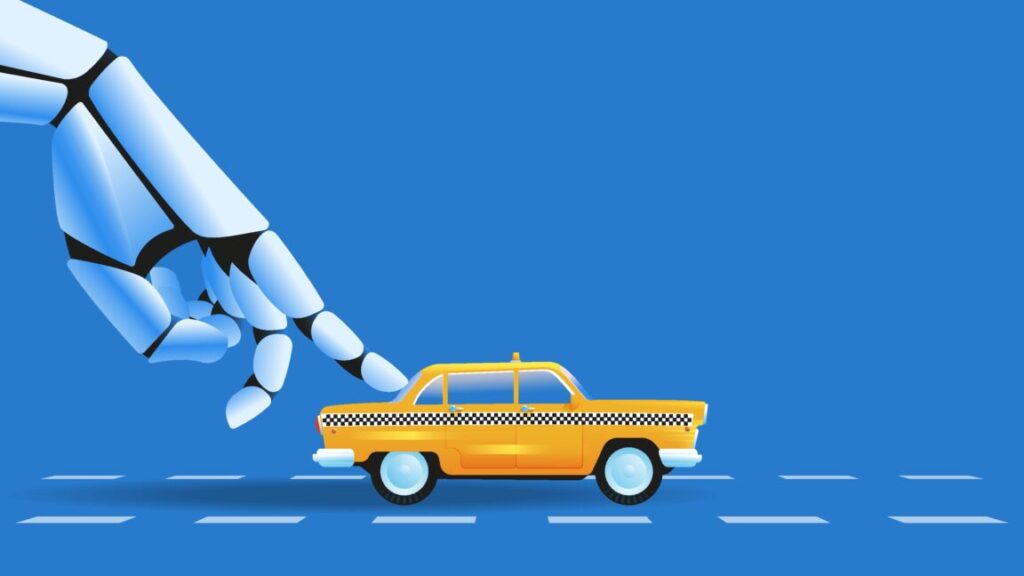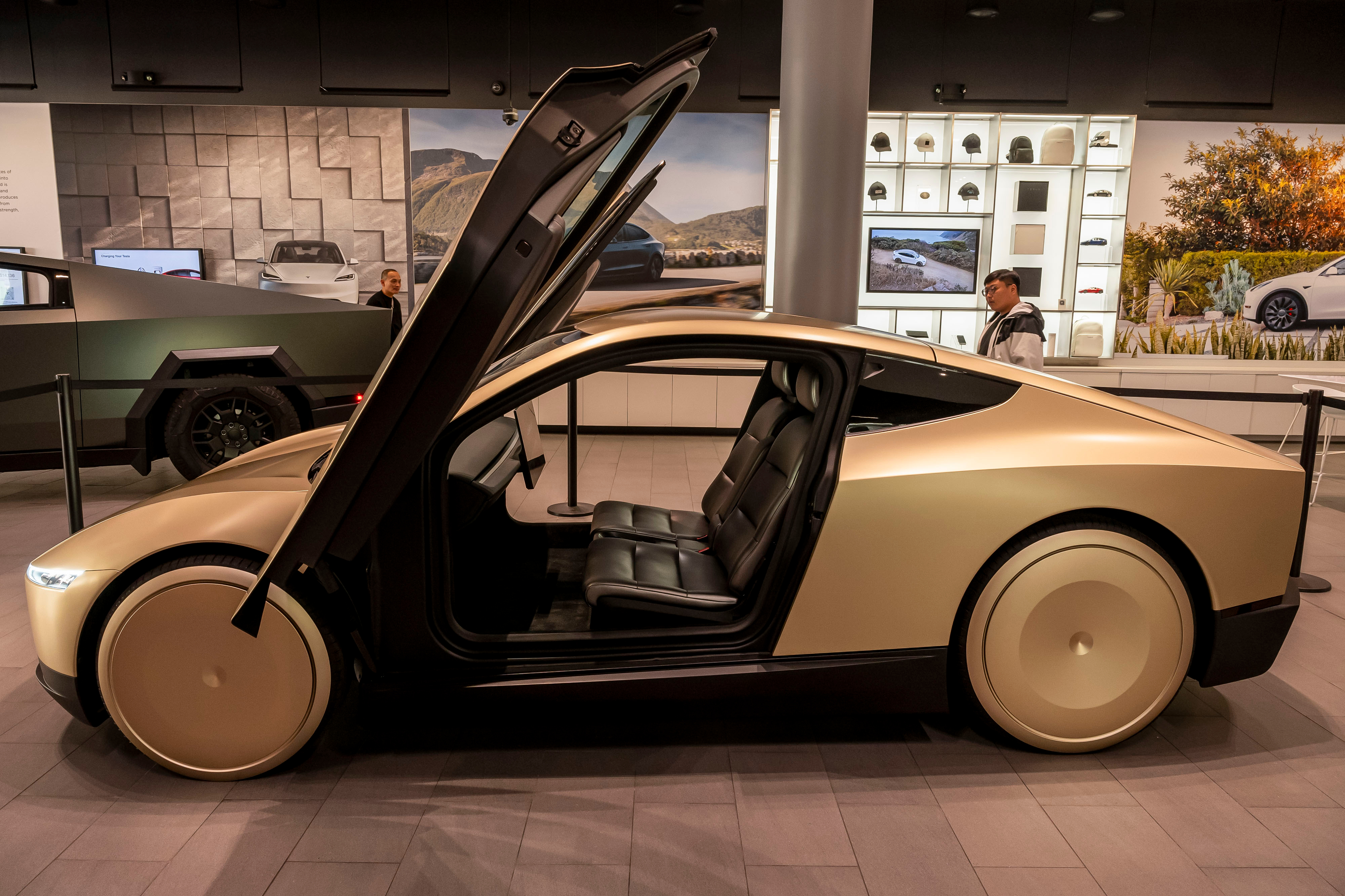Three crashes in the first day? Tesla’s robotaxi test in Austin.
These days, Austin, Texas feels like ground zero for autonomous cars. Although California was the early test bed for autonomous driving tech, the much more permissive regulatory environment in the Lone Star State, plus lots of wide, straight roads and mostly good weather, ticked enough boxes to see companies like Waymo and Zoox set up shop there. And earlier this summer, Tesla added itself to the list. Except things haven’t exactly gone well.
According to Tesla’s crash reports, spotted by Brad Templeton over at Forbes, the automaker experienced not one but three crashes, all apparently on its first day of testing on July 1. And as we learned from Tesla CEO Elon Musk later in July during the (not-great) quarterly earnings call, by that time, Tesla had logged a mere 7,000 miles in testing.
By contrast, Waymo’s crash rate is more than two orders of magnitude lower, with 60 crashes logged over 50 million miles of driving. (Waymo has now logged more than 96 million miles.)
Two of the three Tesla crashes involved another car rear-ending the Model Y, and at least one of these crashes was almost certainly not the Tesla’s fault. But the third crash saw a Model Y—with the required safety operator on board—collide with a stationary object at low speed, resulting in a minor injury. Templeton also notes that there was a fourth crash that occurred in a parking lot and therefore wasn’t reported. Sadly, most of the details in the crash reports have been redacted by Tesla.
Three crashes in the first day? Tesla’s robotaxi test in Austin. Read More »



